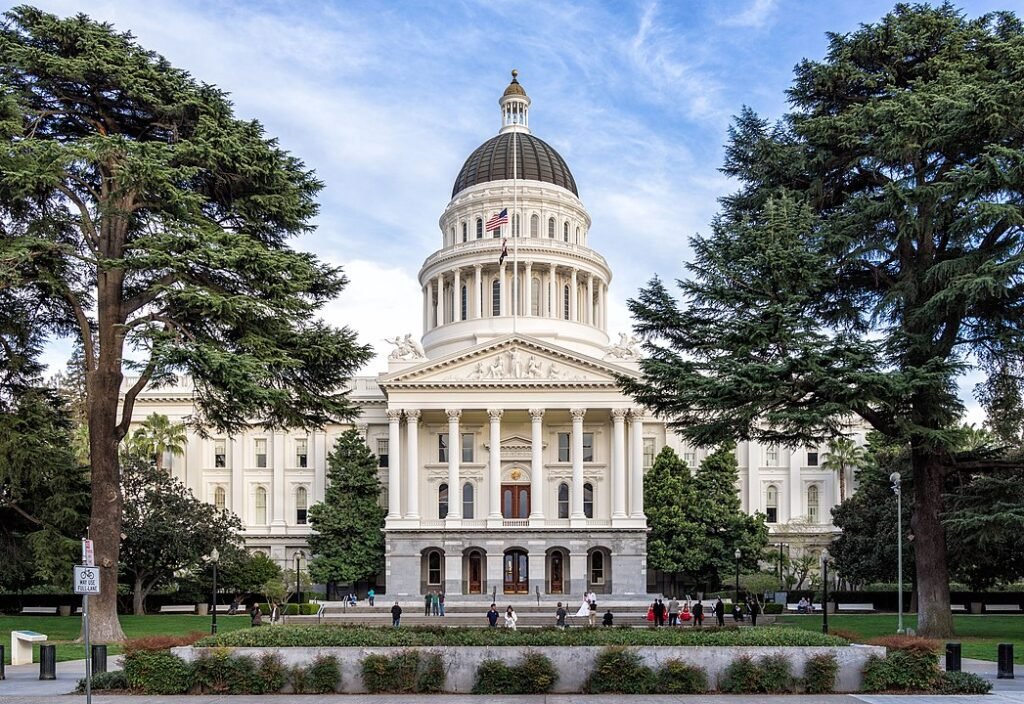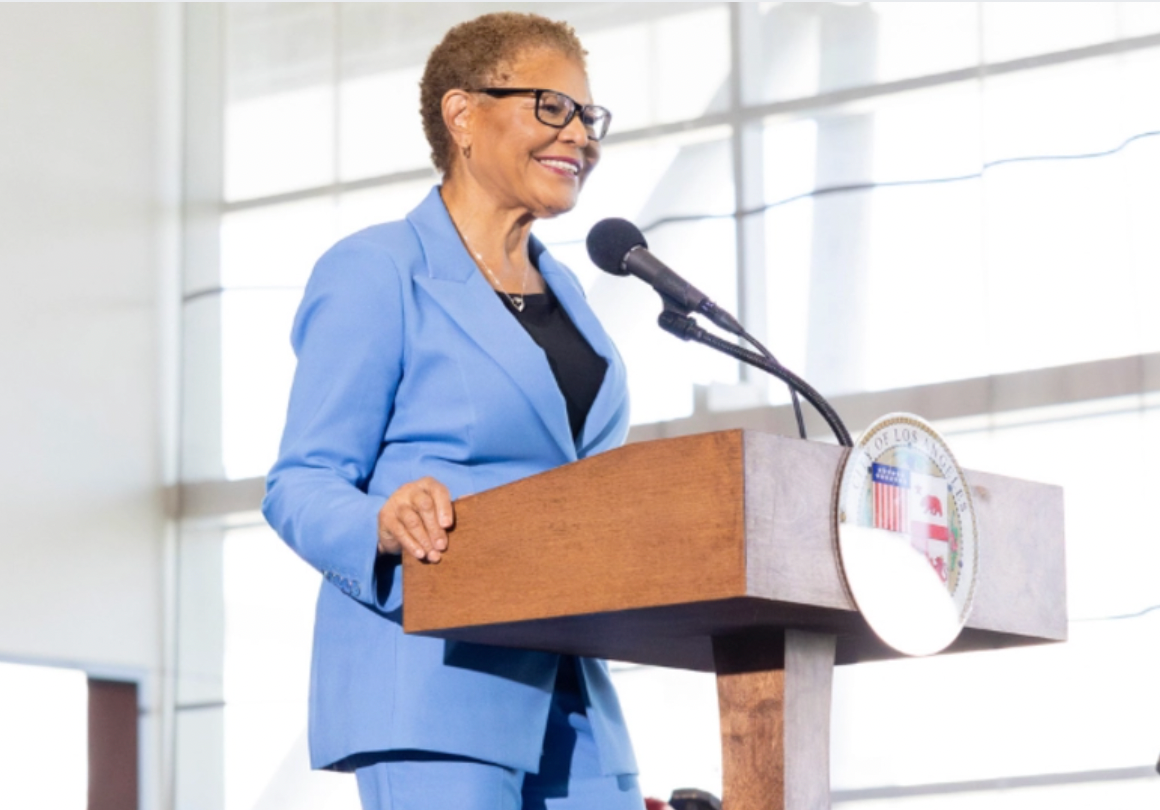
State Senate and Assembly members representing Los Angeles County had mixed reactions to Gov. Gavin Newsom’s revised version of his proposed $322 billion 2025-26 state budget released yesterday.
According to the nonpartisan news site Cal Matters, the revised budget remains virtually unchanged in total dollars despite the governor saying the state is facing a $12 billion budget deficit. However, the revised budget freezes, cuts and shifts some money around to various agencies and programs
Among the most significant cuts is Medi-Cal, the state’s health insurance plan for low-income people. This year, the program saw more than a $6 billion cost overrun, largely due to its expansion to include immigrants without legal status—a key provision from last year’s spending plan.
Under Newsom’s revised plan, the state will freeze new enrollment of adults in the country illegally, impose a $100 monthly premium, and cut long-term care and dental benefits for those who maintain their coverage. Newsom said this will save the state more than $6 billion annually.

Sen. María Elena Durazo (D-East Hollywood, East Los Angeles, Highland Park, Los Angeles, Pico Union, South Montebello, Vernon) said Newsom’s proposal to slash Medi-Cal coverage for undocumented Californians is deeply concerning and contradicts California’s core values.
“No other group is being singled out so directly in these cuts. We cannot accept a budget that abandons those who power our state—construction workers, domestic service workers, and farmworkers. Denying them access to basic healthcare means forcing them to wait until they are gravely ill before seeking medical help. That is not only cruel—it is fiscally irresponsible,” said Durazo.

Senator Caroline Menjivar (D-Burbank, San Fernando Valley) echoed Durazo’s sentiments.
“At a time when the federal government wants to justify deporting immigrants who are at work, in school, or in the hospital, California cannot allow them to be further vilified by taking away their health care and long-term care, thrusting them into homelessness or overburdening emergency rooms,” said Menjivar.
“The Governor says freezing enrollment in the Medi-Cal expansion and instating Medi-Cal premiums are not tactics to keep people off the program, but isn’t that the obvious consequence? The Governor is asking the Legislature to approve kicking undocumented seniors out of skilled nursing facilities, removing their at-home support service and dental, while also reinstating Medi-Cal asset limit tests for seniors and disabled adults. He goes further with his attack on vulnerable communities and reneges on our promise to provide a cost-of-living adjustment for child care workers, drastically decreases funding for reproductive health care providers, and adds trigger language to the foster care tier rate structure,” the lawmaker added.
On the plus side, Newsom’s revised proposal claws back nearly 5% of the budget cut he proposed in his preliminary budget announced in January to the state’s public universities. In the preliminary budget, he proposed a 7.95% cut, and in the revision, it was only 3%

Sen. Sasha Renée Pérez (D-Pasadena), chair of the Senate Education Committee, said she appreciates that the Governor heard the senate’s strong concerns about the proposed deep cuts to the University of California (UC) and California State University (CSU) campuses.
“[Newsom] has restored a significant portion of their funding in his revised plan, but further investments will be needed to meet the needs of students and families across California. All of our schools, including our institutions of higher education, fuel California’s future and should not face disproportionate reductions in funding,” said Pérez.

Assemblymember Mike Fong (D–Alhambra, Monterey Park, San Gabriel, Temple City) said while he appreciates the proposed reduction from 7.95% to 3% for the University of California and the California State University, more spending would be helpful.
“Higher education has the power and promise to transform lives. Students must be able to access courses and have resources to be able to complete their education in a timely manner and without a lot of debt. Our state’s well-being relies on their success. As the Chair of the Assembly Higher Education Committee and a member of the Budget Subcommittee on Education Finance, I look forward to working with my legislative colleagues and the Administration to pass a budget that prioritizes students,” said Mike Fong.

Meanwhile, Republican Senator Suzette Martinez Valladares (R-Santa Clarita, Lancaster, Palmdale, portions of the Antelope Valley) said the Governor’s revised budget proposal is unfortunately just more of the same overspending and misplaced priorities that the state have become accustomed to.
“California is facing a huge $12 Billion budget deficit, and despite their efforts to blame the federal government, wildfires, and whatever else they can come up with, the responsibility lands squarely with the Governor and the Democratic Majority,” said Valladares.
“The Governor and his team of happy spenders took a surplus of $98 billion in 2022 and overspent their way to years of deficits. Each year since was a missed opportunity to save, pay down debt, and plan for tougher years,” she added.
The state legislature faces a June 15 deadline to pass a balanced budget or forgo its pay.















